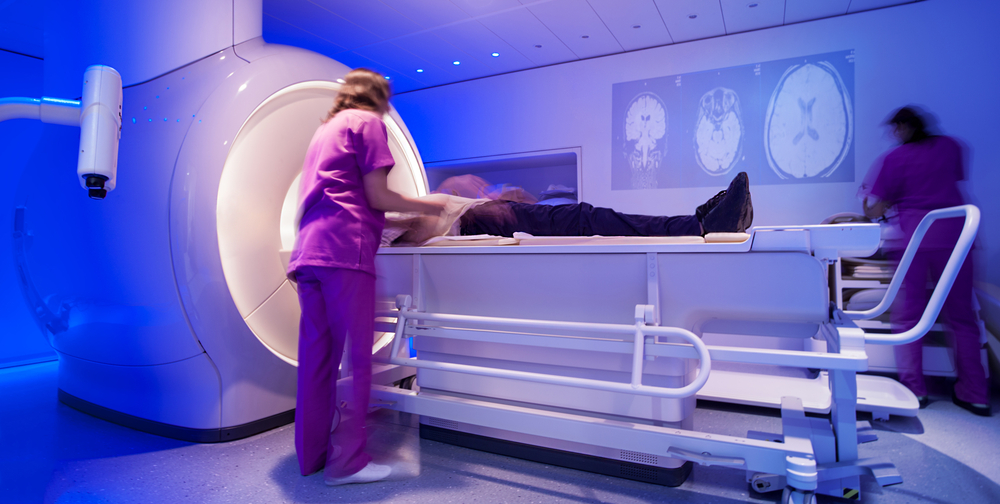In the intricate world of healthcare, where accurate diagnosis is often the key to effective treatment, radiologic technologists emerge as unsung heroes, wielding the /msnews.us/ power of medical imaging to unravel the mysteries within the human body. This article delves into the multifaceted role of radiologic technologists, exploring the significance of their contributions in shaping the landscape of modern medicine.
Table of Contents
ToggleCapturing the Invisible:
Radiologic technologists are the architects behind the images that illuminate the hidden realms of the human body. Using advanced imaging equipment such as X-ray machines, CT scanners, and MRI devices, these professionals play a pivotal role in capturing detailed images that aid physicians in diagnosing and treating a myriad of medical conditions.
A Symphony of Expertise:
Becoming a radiologic technologist requires a unique blend of technical prowess and medical knowledge. These professionals undergo rigorous education and training to master the intricacies of various imaging technologies, positioning patients correctly, and ensuring the highest quality images for diagnostic accuracy.
Versatility in Imaging Modalities:
The field of radiologic technology spans a spectrum of imaging modalities, each serving a distinct purpose. From the swift and detailed snapshots provided by X-rays to the intricate cross-sectional views offered by CT scans, radiologic technologists navigate a diverse range of technologies to cater to the specific needs of patients and healthcare providers.
Patient-Centric Care:
While technology is at the core of their work, radiologic technologists are also empathetic caregivers. They understand that for many patients, undergoing medical imaging can be an anxious experience. With compassion and communication skills, these professionals ensure that patients feel comfortable and informed throughout the process, contributing to a positive healthcare experience.
Precision and Diagnostic Accuracy:
The images produced by radiologic technologists serve as a cornerstone for accurate diagnoses. Their precision in capturing images directly influences the quality of information available to physicians, enabling them to make informed decisions about treatment plans and ensuring the best possible outcomes for patients.
Advancements in Technology:
The field of radiologic technology is dynamic, with continuous advancements in imaging technology. Radiologic technologists stay at the forefront of these innovations, incorporating state-of-the-art equipment and techniques into their practice. This commitment to staying current ensures that patients benefit from the latest diagnostic capabilities.
Radiologic Technologists as Collaborators:
In the intricate dance of healthcare, radiologic technologists are not solitary performers. They collaborate closely with radiologists, physicians, and other healthcare professionals to provide a comprehensive understanding of a patient’s condition. This collaborative approach enhances the interdisciplinary nature of modern healthcare, where teamwork is essential for optimal patient care.
A Vital Component of Healthcare Teams:
Radiologic technologists are integral members of healthcare teams in hospitals, clinics, and imaging centers. Their work influences decisions at every stage of patient care, from initial diagnosis to treatment planning and follow-up evaluations. This holistic involvement underscores their importance in the continuum of healthcare services.
Conclusion:
The role of radiologic technologists extends far beyond the realm of operating imaging equipment. They are the architects of insight, the individuals who bring the invisible into focus for the betterment of patient health. As technology continues to evolve, radiologic technologists will remain at the forefront of innovation, contributing to the ongoing advancement of medical imaging and playing a crucial role in the ever-expanding tapestry of healthcare. Their dedication to precision, patient care, and collaboration ensures that the images they capture not only reveal the inner workings of the human body but also contribute to the broader narrative of healing and wellness.




